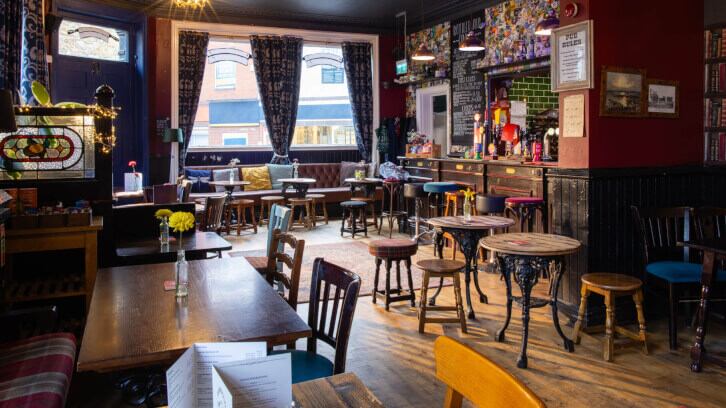The full facts of such a case cannot be determined from press coverage, but the circumstances do seem to have been truly unfortunate.
A lady was visiting a pub in South Wales in order to decorate a function room for her daughter’s upcoming 50th birthday party.
In the course of looking for the function room, she unfortunately opened the wrong door and fell down some stone steps into the cellar. Tragically, she subsequently died as a result of her injuries.
Risk assessment
The suggestion through the press coverage seems to be that a combination of factors may have led to this unfortunate accident. These seem to have been poor directions from the staff at the pub, poor signage and poor lighting.
We can only assume that the local authority, who prosecuted the pub owners, felt that these shortcomings could and should have been identified in a properly carried out risk assessment to ensure the safety of staff and customers within the premises.
On the one hand this can be viewed as an unfortunate accident. On the other, any occupier of a building has a duty to do everything reasonable to protect the health, safety and welfare of those within it.
The problem, in the real world, is that all too often these risks are not properly identified in advance but rather retrospectively once something has gone wrong.
It goes without saying that once something does go wrong, the investigating authority will scrutinise the operator’s policies, risk assessments and training with a fine toothcomb.
Mitigating risks
Even if everything that could have been done was not, it is still important to have considered risks and done as much as possible to mitigate them in order to minimise the chances of a prosecution taking place in the first place and, in the worst case scenario, to mitigate any wrongdoing to the fullest possible extent.
This is vitally important due to both the adverse publicity which surrounds an accident such as this one, but also the very large financial penalties (and risk of imprisonment in the worst cases) which are available to the Courts these days.
The relevant sentencing guidelines require a Court to “send a message to the board” and therefore the larger the company, the larger the potential fine. These can easily run into tens or even hundreds of thousands.
It therefore remains imperative for operators to be proactive with regards to areas such as health and safety, food safety and fire safety, despite the many cost pressures which are currently in play.
- Graeme Cushion is a partner at Poppleston Allen




